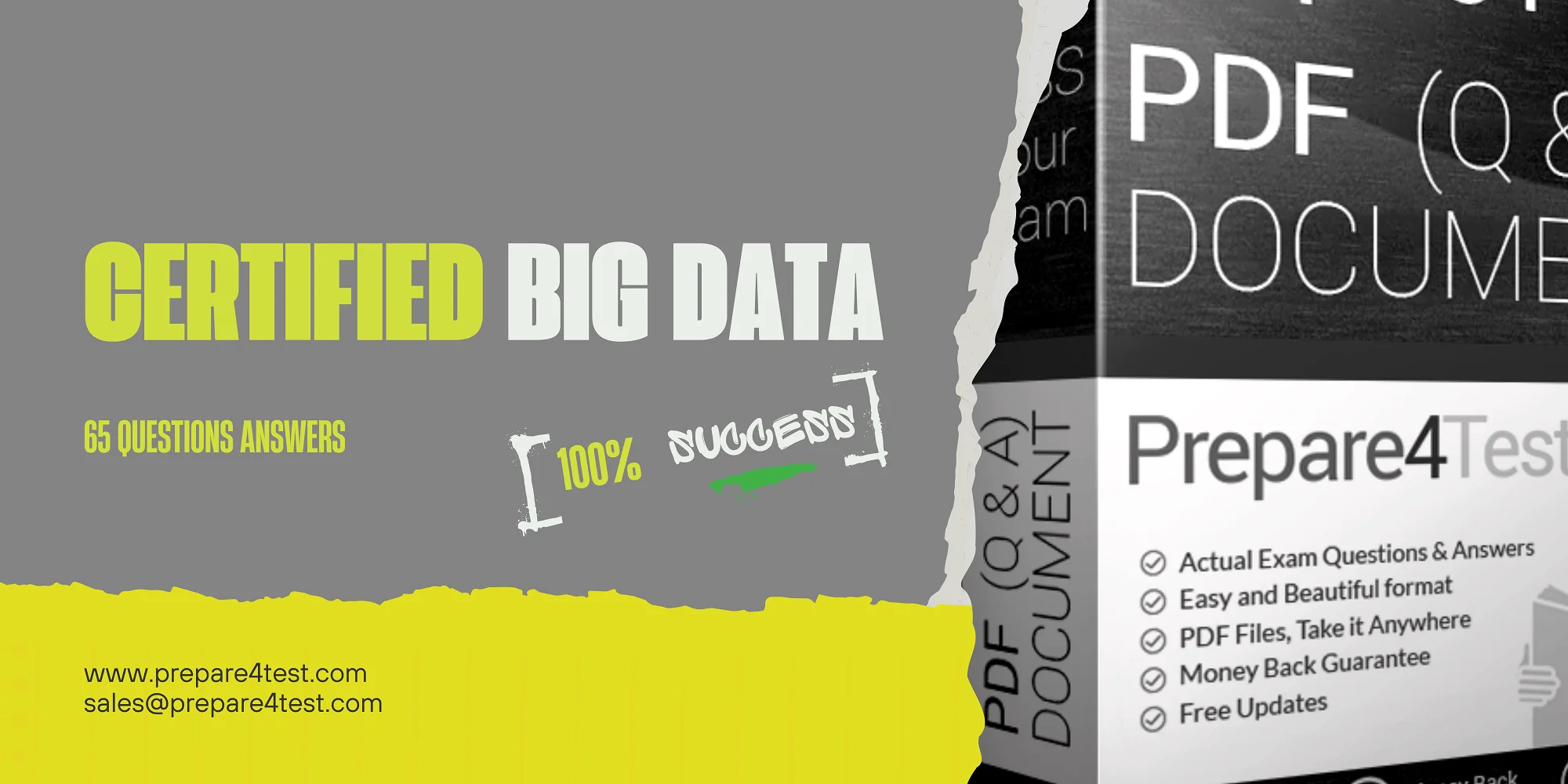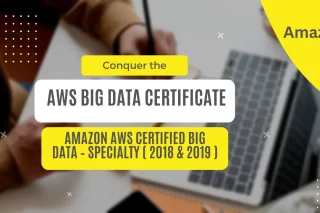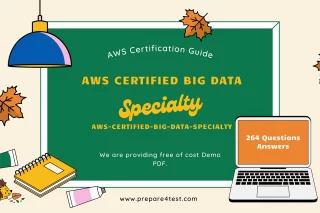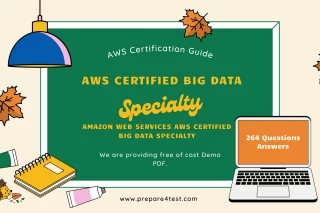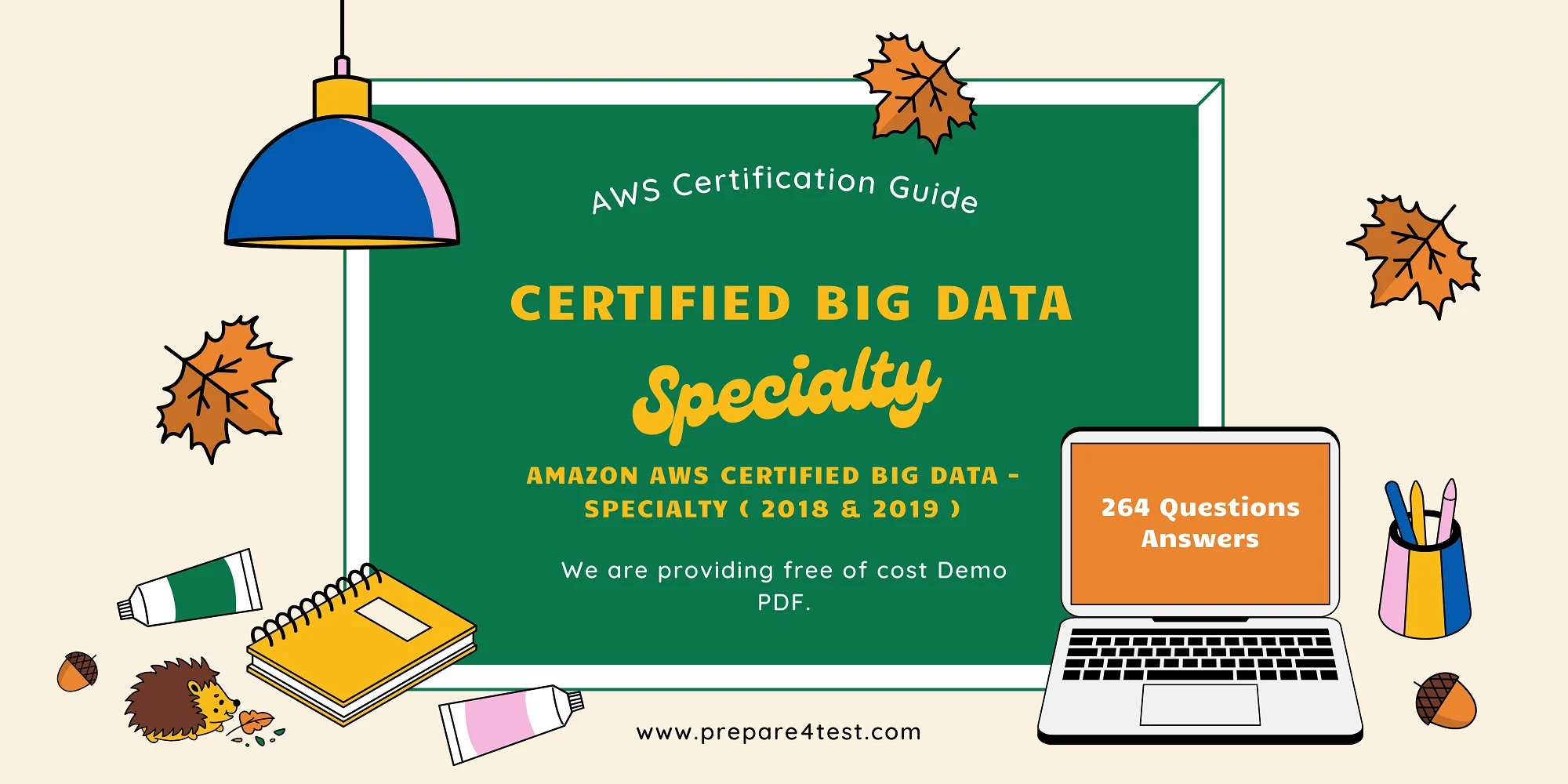
Big data is transforming industries across the globe. As organizations collect vast amounts of data from various sources, they need professionals who can help store, process, analyze, and visualize these large datasets to uncover game-changing insights. This has created a huge demand for big data certifications that validate skills in areas like Information technology, data science, and machine learning, and more.
In this all-encompassing manual, we will explore the world of certified big data and provide you with a roadmap to launch or advance your career in this exciting field.
Why Get Certified in Big Data?
Here are some of the key benefits of getting certified in big data:
- Prove your skills – Certifications demonstrate that you have mastered critical big data concepts and technologies like Hadoop, Spark, AWS EMR, Kafka, etc. This helps you stand out from the crowd.
- Higher salaries – Certified professionals earn up to 15-20% higher salaries than those without certifications. The average salary for a certified big data professional is over $130,000.
- Career advancement – Certifications help you take your career to the next level by opening up new job opportunities. They also enable you to take on larger projects and leadership roles.
- Learn cutting-edge skills – Preparing for certification exams is a structured way to learn new skills like large-scale data processing, real-time streaming, data science techniques,, and more.
- Gain confidence – Certifications give you the confidence to work on complex big data initiatives since you have validated expertise.
Clearly, certified big data professionals enjoy significant advantages in hiring, promotions, salary negotiations and career development. Even if you have experience, certifications quickly differentiate you.
Choosing the Right Big Data Certification
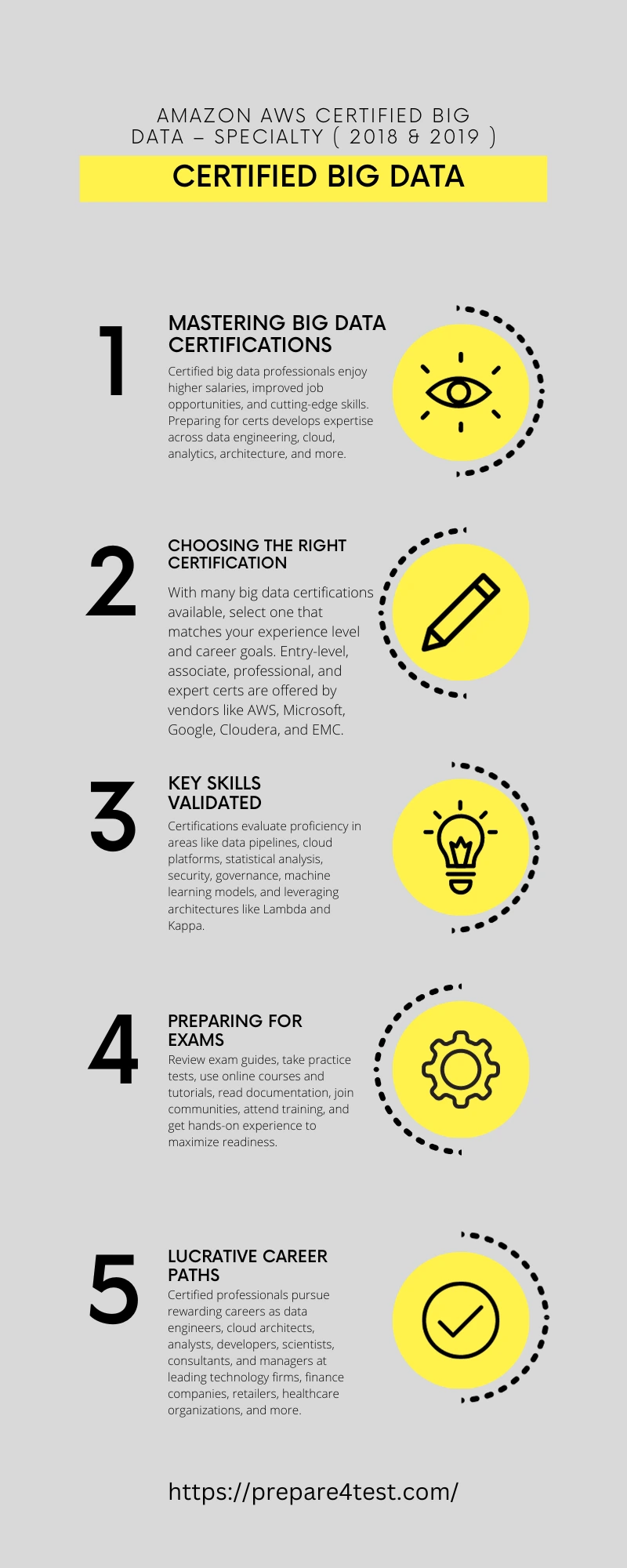
With the growing adoption of big data, there are now many certification options available. Choosing the right one depends on your experience level, skills, and career goals. Here is an overview of popular certifications:
Entry-Level
AWS Certified Cloud Practitioner
- Covers basic AWS cloud concepts
- Ideal for non-technical roles or beginners
Microsoft Certified: Azure Fundamentals
- Intro to Azure services and management
- No experience required
Google Associate Cloud Engineer
- Foundational GCP and cloud computing skills
- Recommended for cloud roles
Associate-Level
AWS Certified Solutions Architect – Associate
- Proves ability to design distributed systems on AWS
- Valuable for data engineers and architects
Microsoft Certified: Azure Data Engineer Associate
- Assess Azure data storage, processing, and monitoring skills
- Important for ETL, warehousing, and analytics
Google Professional Data Engineer
- Validates the ability to develop and maintain data pipelines
- Crucial for data-focused job roles
Professional-Level
AWS Certified Big Data – Specialty
- Requires 2+ years of data analytics experience
- Tests ability to design big data systems on AWS
Microsoft Certified: Azure Data Scientist Associate
- Proves skills in machine learning and data science
- Ideal for data scientist and AI roles
Google Professional Machine Learning Engineer
- Validates ability to design, build, and deploy ML models on GCP
- The key for machine learning engineering roles
Expert-Level
Cloudera Certified Associate (CCA) Data Analyst
- Demonstrates skills to perform analysis on big data
- Suitable for data analysts and scientists
EMC Proven Professional Data Scientist Associate
- Assesses data science and advanced analytics techniques
- Targeted for experienced data scientists
Oracle Big Data Appliance Master
- Oracle’s premium big data certification
- Requires hands-on experience deploying Oracle solutions
As you can see, cloud providers like AWS, Azure, and GCP offer extensive certification programs focused on their platforms. Independent vendors like Cloudera, EMC, and Oracle have certs for their respective products.
Choosing the right certification depends on your skill level, experience, and career aspirations in big data.
Overview of Key Certification Providers
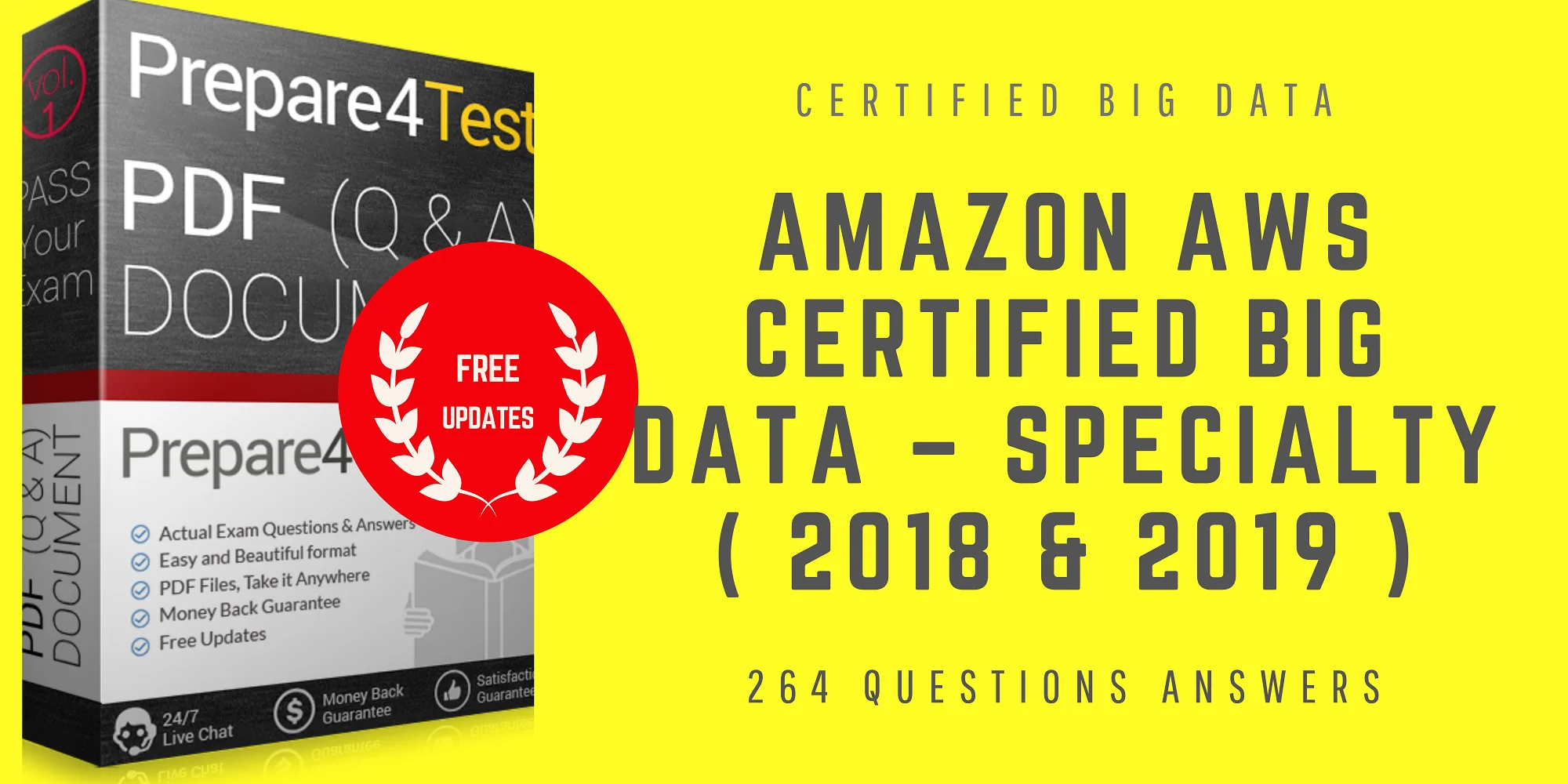
Let’s briefly discuss some of the major providers of big data certifications:
AWS Certifications
Amazon Web Services offers robust certification programs across cloud computing, including specialized certs for big data and analytics.
- Key Certs: AWS Certified Big Data – Specialty, AWS Certified Solutions Architect, AWS Certified Data Analytics – Specialty
- Ideal For: Cloud architects, data engineers, data analysts, data scientists
- Format: Multiple choice and performance-based questions (live demos)
- Prerequisites: AWS recommends at least 2 years of hands-on experience with AWS big data services
Microsoft Certifications
Microsoft Azure certifications focus on cloud skills, with paths in data engineering, data science, and machine learning.
- Key Certs: Azure Data Scientist Associate, Azure Data Engineer Associate, Azure AI Engineer Associate
- Ideal For: Data professionals working with the Microsoft cloud stack
- Format: Multiple choice and performance-based questions
- Prerequisites: No formal requirements, but Azure experience is recommended
Google Cloud Certifications
Google offers certifications to validate GCP skills, including popular data engineering and machine learning certs.
- Key Certs: Professional Data Engineer, Professional Machine Learning Engineer
- Ideal For: Data practitioners using Google Cloud
- Format: Multiple choice and hands-on lab assessments
- Prerequisites: 6 months to 1 year of industry experience recommended
Cloudera Certifications
As a leading vendor in the Apache Hadoop ecosystem, Cloudera provides certs for Hadoop, Spark, and data science.
- Key Certs: CCA Data Analyst, CCA Administrator, CCA Developer, CCP:DE Spark and Hadoop Developer
- Ideal For: Big data professionals working with the Cloudera stack
- Format: Multiple choice and hands-on assignments
- Prerequisites: No formal requirements, but industry experience is recommended
EMC Proven Professional
EMC offers credentials focused on data science, data platforms, and enterprise storage.
- Key Certs: Data Scientist Associate, Data Science and Big Data Analytics, Isilon Solutions
- Ideal For: Experienced data professionals and storage architects
- Format: Knowledge and performance-based assessments
- Prerequisites: 1-2 years of industry experience required
This overview shows the diversity of big data certifications available today. Focus your preparation on certs that align with your skillset and career aspirations.
Key Skills Covered in Big Data Certifications
Now let’s explore the types of skills that big data certifications typically validate.
Data Engineering
- Designing and building data storage, processing, and analytics systems at scale
- Data ingestion, transformation, warehousing, lakes, and pipelines
- Technologies like Hadoop, Spark, Kafka, Flink, HBase, Cassandra, etc.
Cloud Computing
- Deploying and managing big data solutions on cloud platforms (AWS, Azure, GCP)
- Migrating data workloads to the cloud
- Leveraging managed cloud services for data
Data Science & Analytics
- Statistical analysis, machine learning, and AI/ML models
- SQL, Python, and R for manipulating, analyzing, and visualizing data
- BI tools like Tableau, and Power BI for analytics
Security Data
- Encryption, access controls, auditing, and data protection
- Securing data-in-motion and data-at-rest
- Compliance with regulations like GDPR and CCPA
Data Architecture
- Design principles and best practices for big data systems
- Architectural patterns like Lambda, and Kappa for real-time data
Management & Governance
- Data lifecycle, metadata management, and data quality
- Planning and managing big data initiatives
- Aligning with business goals and requirements
This overview shows the breadth of knowledge required to design, implement, and manage big data solutions at scale. Preparing for certifications helps develop expertise across these areas in a structured manner.
Exam Preparation Tips and Resources
Here are some best practices for preparing for big data certification exams:
- Review the exam guide thoroughly and note topics to focus on
- Take practice tests to identify knowledge gaps
- Use online courses and tutorials to learn new skills, tools, and technologies
- Read the documentation for products covered in the exam
- Join online communities to connect with others preparing for the same cert
- Attend training courses offered by certification vendors
- Use hands-on labs to get practical experience
- Learn from real-world projects at work or personal experiments
- Make flashcards to memorize key concepts and definitions
Some useful resources for exam preparation include:
- Linux Academy – Hands-on labs and courses for cloud, DevOps, and data certs
- DataCamp – Interactive courses on data skills, tools and techniques
- A Cloud Guru – Video courses taught by cloud experts
- Udemy – Affordable, on-demand courses on technical and business topics
- Coursera – Specializations and guided projects in data, cloud, and AI
- edX – Free online courses from top universities
- O’Reilly Online Learning – In-depth training for leading technology certifications
- Vendor sandboxes – Hands-on labs provided by certification providers
Dedicated preparation using a combination of these strategies and resources will help maximize your chances of passing your chosen certification exam.
Career Paths and Job Roles for Certified Big Data Professionals
Gaining big data certifications opens up exciting career opportunities across industries. Here are some of the top jobs and career paths for certified professionals:
Data Engineer
- Builds data pipelines to ingest, transform, store, and process data at scale
- Requires skills like Spark, Kafka, Airflow, and AWS EMR
- Salary range: $95,000 – $150,000
Cloud Architect
- Designs cloud architecture and infrastructure for big data workloads
- Optimizes storage, security, scalability, and costs
- Salary range: $125,000 – $200,000
Data Analyst
- Performs SQL queries, statistical analysis, and visualization of data
- Communicates insights to stakeholders
- Salary range: $60,000 – $90,000
Business Intelligence Developer
- Develops BI dashboards, reports, and analytics using BI tools
- Implements data warehousing and ETL
- Salary range: $75,000 – $125,000
Data Scientist
- Leverages advanced analytics and machine learning on data
- Statistical modeling, predictive analytics, and deep learning
- Salary range: $110,000 – $250,000
Big Data Consultant
- Provides guidance to enterprises starting big data initiatives
- Evaluates infrastructure, architectures, and processes
- Salary range: $135,000 – $200,000
Data/Analytics Manager
- Leads data teams and provides vision and strategy
- Drives adoption of data culture and capabilities
- Salary range: $150,000 – $250,000
These are just a few of the rewarding careers accessible for certified big data professionals. The experience you gain in preparing for certifications will help you excel in these roles.
Notable Companies Hiring Big Data Professionals
Many leading companies are hiring big data experts to help make sense of massive datasets. Here are some top firms with big data job openings:
- Technology – Facebook, Google, Microsoft, Amazon, Apple, Netflix, Uber
- Finance – Capital One, JP Morgan Chase, Citigroup, and Bank of America
- Retail – Walmart, Target, Kroger, Home Depot, Lowe’s
- Healthcare – UnitedHealth Group, CVS Health, Anthem, and Cigna
- Insurance – State Farm, Progressive, Liberty Mutual, and Geico
- Energy – ExxonMobil, Chevron, BP, Shell, and ConocoPhillips
- Telecom – AT&T, Verizon, T-Mobile, Comcast, and Charter
- Government – NSA, CIA, FBI
- Consulting – Deloitte, Accenture, EY, PwC, KPMG
These leading employers offer competitive salaries, excellent benefits, and opportunities to work on mission-critical big data initiatives. The right certifications can help you land your dream job at one of these respected organizations.
How to Get Started with Big Data Certifications
If you’re new to big data and want to get certified, here are some steps to get started:
- Assess your existing skills – What technologies are you familiar with? What areas need work?
- Research certification options – Identify certs that align with your experience and interests
- Choose a starting certification – Consider an associate or entry-level cert to start.
Find study materials – Courses, books, practice tests.
